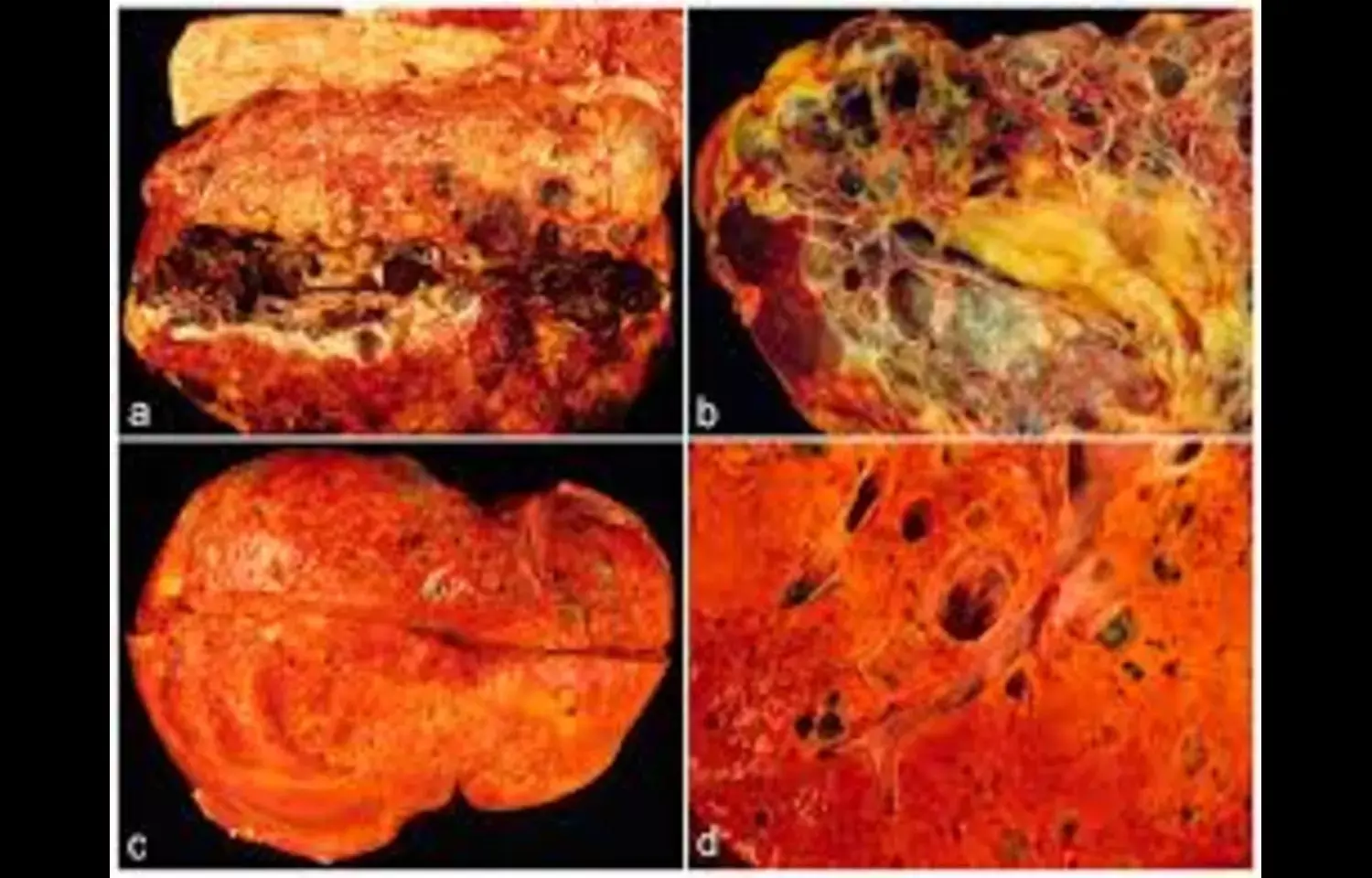- Home
- Medical news & Guidelines
- Anesthesiology
- Cardiology and CTVS
- Critical Care
- Dentistry
- Dermatology
- Diabetes and Endocrinology
- ENT
- Gastroenterology
- Medicine
- Nephrology
- Neurology
- Obstretics-Gynaecology
- Oncology
- Ophthalmology
- Orthopaedics
- Pediatrics-Neonatology
- Psychiatry
- Pulmonology
- Radiology
- Surgery
- Urology
- Laboratory Medicine
- Diet
- Nursing
- Paramedical
- Physiotherapy
- Health news
- Fact Check
- Bone Health Fact Check
- Brain Health Fact Check
- Cancer Related Fact Check
- Child Care Fact Check
- Dental and oral health fact check
- Diabetes and metabolic health fact check
- Diet and Nutrition Fact Check
- Eye and ENT Care Fact Check
- Fitness fact check
- Gut health fact check
- Heart health fact check
- Kidney health fact check
- Medical education fact check
- Men's health fact check
- Respiratory fact check
- Skin and hair care fact check
- Vaccine and Immunization fact check
- Women's health fact check
- AYUSH
- State News
- Andaman and Nicobar Islands
- Andhra Pradesh
- Arunachal Pradesh
- Assam
- Bihar
- Chandigarh
- Chattisgarh
- Dadra and Nagar Haveli
- Daman and Diu
- Delhi
- Goa
- Gujarat
- Haryana
- Himachal Pradesh
- Jammu & Kashmir
- Jharkhand
- Karnataka
- Kerala
- Ladakh
- Lakshadweep
- Madhya Pradesh
- Maharashtra
- Manipur
- Meghalaya
- Mizoram
- Nagaland
- Odisha
- Puducherry
- Punjab
- Rajasthan
- Sikkim
- Tamil Nadu
- Telangana
- Tripura
- Uttar Pradesh
- Uttrakhand
- West Bengal
- Medical Education
- Industry
Autosomal Dominant Polycystic Kidney Disease Associated with Better Dialysis Survival: Study

A large two-cohort analysis published in BMC Nephrology has found that patients with autosomal dominant polycystic kidney disease experience better survival rates while on dialysis compared with patients who have other causes of kidney failure. The study examined data from 63,875 individuals initiating kidney replacement therapy and observed that those diagnosed with autosomal dominant polycystic kidney disease had a significantly lower mortality risk during dialysis treatment. Despite this advantage, the rates of cardiovascular, infection-related, and cancer-related deaths were similar between patients with and without the genetic disorder. These findings highlight that while the disease has a hereditary origin and distinct clinical course, its impact on long-term dialysis outcomes may be more favorable than previously assumed.
The study also investigated outcomes following kidney transplantation. Researchers found that patients with autosomal dominant polycystic kidney disease had survival rates comparable to those of non-affected patients and even showed slightly better graft survival. This may be partly explained by the fact that these patients often reach dialysis with fewer comorbidities such as diabetes or severe cardiovascular disease, conditions that commonly complicate other forms of chronic kidney disease. Additionally, the slow progression and predictable nature of autosomal dominant polycystic kidney disease may allow earlier preparation for transplantation, including timely evaluation and donor matching.
The authors emphasized the importance of these findings for both clinicians and patients managing chronic kidney disease. Understanding that autosomal dominant polycystic kidney disease patients tend to fare better during dialysis could guide treatment planning, timing of transplantation, and patient counseling. The results also reinforce the need for continued vigilance regarding cardiovascular and infectious complications, as these remain leading causes of death in all dialysis populations. Ultimately, the study provides encouraging evidence that patients with autosomal dominant polycystic kidney disease, despite facing a lifelong genetic illness, can achieve outcomes comparable to or better than other dialysis patients when managed appropriately.
Dr. Shravani Dali has completed her BDS from Pravara institute of medical sciences, loni. Following which she extensively worked in the healthcare sector for 2+ years. She has been actively involved in writing blogs in field of health and wellness. Currently she is pursuing her Masters of public health-health administration from Tata institute of social sciences. She can be contacted at editorial@medicaldialogues.in.


